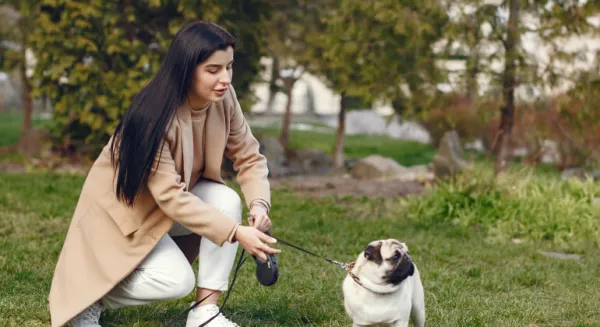Discover the complete guide to the Beagle dog breed — including personality, care tips, health info, and grooming needs. Ideal for families and first-time dog owners.
The Beagle is a small to medium-sized hound breed known for its exceptional nose, playful nature, and loving personality. Whether you're thinking about adding a Beagle to your family or want to learn more, this guide covers everything from appearance to care and health.
| Trait | Details |
|---|---|
| Group | Hound Group |
| Height | 13–15 inches (33–38 cm) |
| Weight | 20–30 pounds (9–14 kg) |
| Lifespan | 12–15 years |
| Temperament | Friendly, Curious, Loyal |
| Energy Level | High |
| Good with Kids | Yes |
| Coat Type | Short, dense, water-resistant |
History and Origin
Beagles originated in 16th-century England, bred for hunting small game like hares. Their incredible sense of smell and tracking ability made them indispensable to hunters. The modern Beagle we know today was refined in the 1800s and brought to the U.S., where it remains one of the most popular breeds.
Physical Appearance
Beagles are:
Muscular and compact
Characterized by long, floppy ears
Typically have tricolor or bicolor coats (black, white, and tan are most common)
Personality and Behavior
Beagles are:
Affectionate and gentle with kids and other pets
Sociable and do not like being left alone
Sometimes stubborn, especially when distracted by scents
Known for their distinctive "bay" or howl
Exercise and Activity Needs
A Beagle needs:
1–1.5 hours of daily exercise
Walks, sniffing games, fetch, and playtime
Puzzle toys to avoid boredom and destructive behaviors
Diet and Nutrition
Feed your Beagle:
High-quality dog food with lean protein
Portion-controlled meals — Beagles can easily gain weight
Treats in moderation (especially during training)
Grooming Requirements
Beagles are low maintenance:
Brush 2–3 times a week to manage moderate shedding
Bathe once a month or when dirty
Check ears weekly for wax or infection
Trim nails monthly
Brush teeth regularly to avoid gum disease
Ideal Home for a Beagle
Beagles thrive in:
Active households
Families with kids or other dogs
Homes with secure yards (they tend to follow scents)
Apartment living (if given enough exercise)
Beagle Training Tips
Start early socialization and training
Use positive reinforcement
Be patient — Beagles are smart but scent-driven





